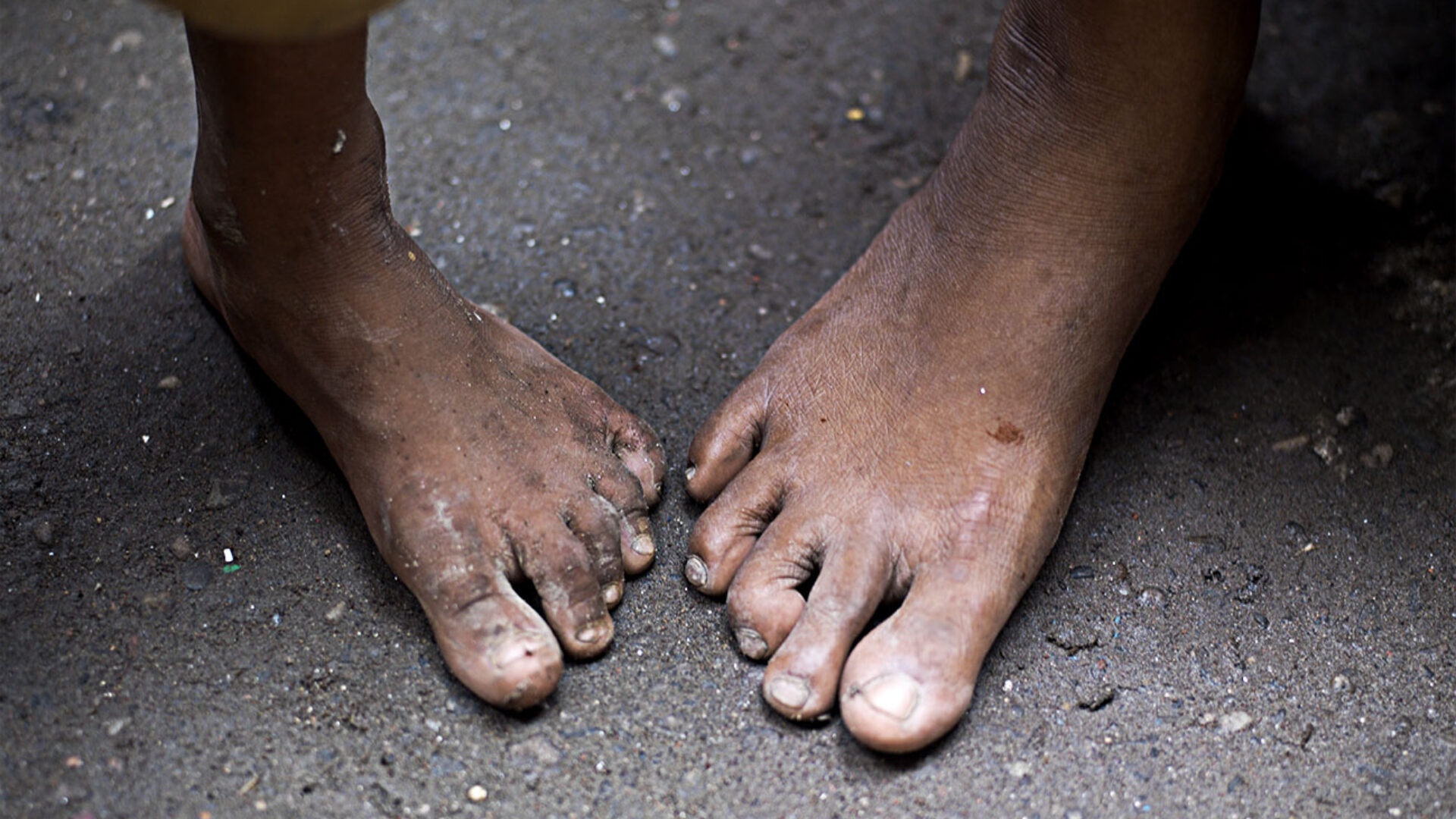Homelessness describes the condition of people without a regular dwelling. People who are homeless are unable or unwilling to acquire and maintain regular, safe, and adequate housing, or lack “fixed, regular, and adequate night-time residence. In western countries the large majority of homeless are men (75-80%), with single males particularly overrepresented. Every human being has a right to housing, according t the Universal Declaration of Human Rights, issued by the United Nations in 1948. It is hard to say how many people worldwide are homeless. There are estimates (2005) of around 100 million, but the UN says the number of people living on the street or in slums worldwide are 1 billion.
Up to 100 million people are homeless throughout the world, the majority of them women and dependent children.
The problem is not just homelessness. Overall, at least 600 million people — again, most of them women and dependent children — live in shelters that are life threatening or health threatening in developing world cities. Every day, some 50,000 people, mostly women and children, die as a result of poor shelter, polluted water and inadequate sanitation. Some 70 million women and children live in homes where smoke from cooking fires damages their health.
Of the estimated 1.3 billion people living in poverty around the world, 70 percent are women and girls. Women and girls are also the fastest increasing group of impoverished, a process called “the global feminization of poverty.”India is one of the few developing countries that has tried to count its homeless, finding more than 2.3 million. Western Europe, on the other hand, counts just 6,300 homeless.
The percentage of squatter housing, almost always substandard and likely to be headed by women, also shows housing problems in developing countries, especially in cities. Some 5.5 percent of Turkey’s households are squatters but 23.3 percent of all households in the capital of Ankara are squatters. In Peru, 5.6 percent of all households are squatters, but 8.1 percent of households in the capital of Lima are squatters.
Wikipedia: Global definition and numbers
In Wikipedia you will find the global definition and numbers of several countries. As well you find a history and social sciences of homelessness.
Ehow: Interesting facts on homeless people
A series of articles about Homelessness: facts, shelters, how to survive on the streets, how to help.
Wikipedia: Anti Homelessness legislation
Here you find some of the laws countries use to combat homelessness, but also the laws they use to restrict homeless people in their movements.
Homeless Hub Library
Over 30.000 articles on homelessness: reports, policies, research and e-books on a range of subjects relating with homelessness.
National Coalition for the Homeless: Who is homeless?
Factsheet on the people who are homeless in the United States.
Shelter 2.0: Statistics Homelessness
About statistics of homelessness worldwide, in the United States and Africa. About causes of homelessness, different forms f homelessness and health issues regarding homelessness.
Cyc-Net: Street children and homelessness
An article about the statistics of street children worldwide, the causes of their being homeless, and the consequences. It says where there are what number of street children and what you can do to help.
